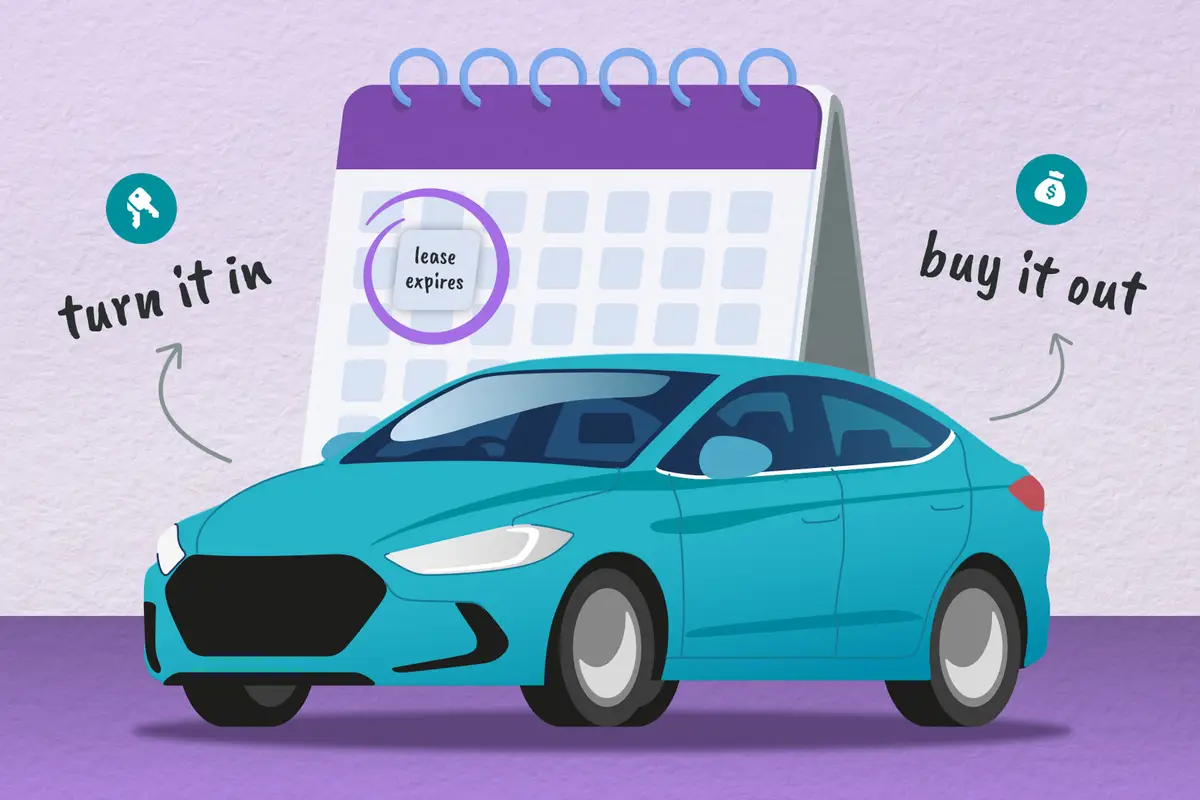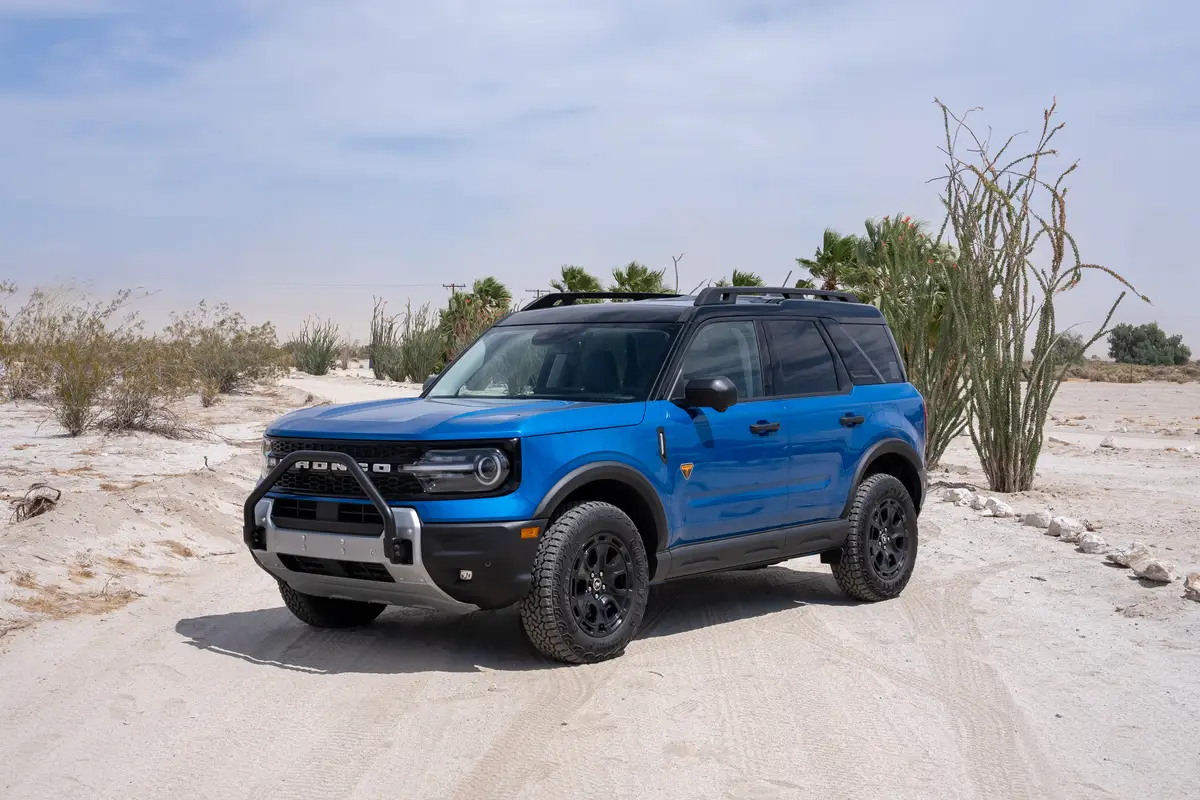Your Luxury Car Will Make You Happier...Sometimes

Not so. You will likely never be happier with your luxury car than during your initial test drive, according to a new study published in the Journal of Consumer Psychology.
“The assumption is a luxury car feels better when you drive it, and you feel better in it, but we had reason to suspect that the story is much more mixed,” said University of Michigan psychology professor Norbert Schwarz, who conducted the study with Peking University professor Jing Xu. “What we find is that as long as you pay attention to your car while driving it, it feels better and you feel better.”
How you feel depends largely on what you’re focusing on at any given moment, Schwarz said. When it comes to a car, though, you pay the most attention to it when it’s brand new or when it’s old and falling apart. In between, it’s all routine, and you might as well sit behind the wheel of a Toyota Corolla.
Megan Munch, a 25-year-old Chicago professional who owns a 2007 Lexus ES 350, says she notices the difference. “I can’t say that I disagree or agree with Schwarz since my only driving experience has been with luxury vehicles,” she said. “However, I view my vehicle as somewhere I can go to escape the stresses of daily life. The Lexus offers a peaceful, quiet drive outside of the clatter and congestion within the city.”
On the other hand, this writer made the mistake of priming Munch by asking the question directly. Not very scientific of me.
Schwarz and Xu’s study asked three groups of people about their driving experience with different cars. A group of Michigan students rated their feelings about being behind the wheel of a BMW, Honda Accord and Ford Escort. Predictably, the students had more positive feelings toward the luxury vehicle. A second group of non-students was asked about how their actual vehicles made them feel, and they reported more positive feelings the more their car was worth.
Members of the third group, however, were only asked to recall the most recent trip in their cars that lasted at least 20 minutes. Then they were asked how they felt while driving during those trips, and only later were they finally asked what kind of car they drive. The value of their vehicles made absolutely no difference.
“This is what our theory predicted, but we were surprised by how strong the findings were,” Schwarz said. “In statistical terms, the correlation [of positive feelings] with the Blue Book value of the car was zero. That’s in stark contrast to what everybody believes. It highlights how different your experience will be with your test drive. Never will you pay more attention to your car again than during your test drive, but that is not representative of your driving experience.”
Perhaps it’s not too surprising that we tend to ignore life’s luxuries once they become part of our routine.
“Since the Lexus offers a nice ride, I actively enjoy driving my vehicle,” Munch said. “For example, I drove down Lakeshore Drive last night simply to look at the city at night. I would have enjoyed looking at the city whether or not I had a Lexus; however, my experience and ride itself was more enjoyable simply because Lexus offers a smoother ride.”
Sales consultant Beverly West of Perillo BMW in Chicago also disagrees with the study’s findings. “Absolutely, there’s a tangible difference in driving,” West said of a BMW versus a non-luxury vehicle. While it’s not surprising that a BMW sales consultant would disagree with a study cautioning against luxury-car purchases, West asserted that some people truly do notice a luxury car’s amenities.
“We have repeat customers, and the reason is because BMW is constantly coming up with new technology,” West said. “Our customers love technology. Most of our clients get excited about the car.”
Schwarz maintains that for consumers without a high level of disposable income, buying a luxury model would be an expensive way to feel good for a very limited amount of time.
As unbiased journalists, the staff at Cars.com tests nearly every model that comes out, from the least expensive Hyundai to the least expensive Rolls-Royce. There are clearly higher levels of performance, interior quality and technology in more expensive vehicles. And we know many drivers of sports cars, for example, who buy them just so they can look forward to an otherwise mundane commute.
“From a consumer perspective, aside from buying a house, this is the biggest item that people buy. It’s a very important consumer decision,” said Schwarz, who also noted that many luxury items follow this same trajectory — providing momentary happiness that fades quickly.
“That’s the takeaway, for cars and many other things,” he said. “You have to ask yourself how often will I really pay attention to this and how fast will it become routine? You may be better off buying an economy car, and if you really want to enjoy a luxury car for a trip, maybe you should just rent it. It will be novel, and you will pay attention to it rather than spending all that money on a vehicle that will become routine.”
Featured stories




